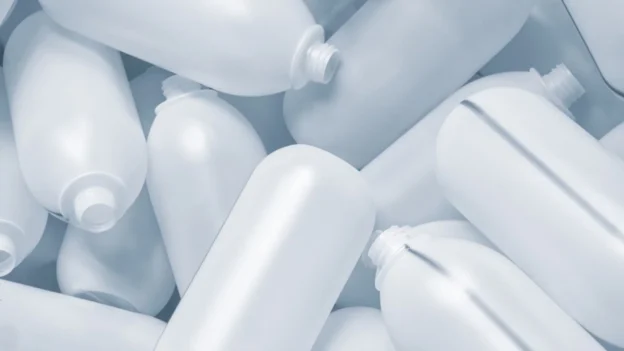Recent research in Australia could change the way we think about plastic recycling. plastic recycling and urban infrastructure. The team at Edith Cowan University (ECU) proposes to use common plastic waste, such as grocery bags and milk cartons, as a base for roads by incorporating it into bituminous pavement mix.
Household plastic as a basis for roads
According to researcher Ali Ghodrati, reusing this type of plastic represents a twofold solution: it improves the strength of asphalt and reduces the volume of waste that ends up in landfills or oceans. The study published in MDPI points out that thermoplasticsthermoplastics, due to their melting point, are efficiently integrated into bitumen without the need for additional energy or the generation of harmful by-products.
Although the use of plastics in asphalts is not new, the innovative aspect of this proposal lies in applying a circular economy approach to everyday materials. It is estimated that, if the current trend does not change, the global generation of plastic waste will exceed one trillion tons per year by 2050.
Methods and technical challenges
The incorporation of plastic into the pavement can be done by three methods: wet, dry or mixed. Each has distinct advantages and risks. The wet method improves material compatibility and reduces the emission of microplastics, while the dry method facilitates application, but can lead to uneven dispersions.
Dr. Nuha Mashaan stressed the need to further evaluate the behavior of these materials under real conditions. Excessive concentrations could make the asphalt more brittle, in addition to increasing environmental hazards such as toxic fumes or leachates.
Circular and resilient infrastructure
For Themelina Paraskeva, co-author of the study, this type of solution represents a concrete path towards a more sustainable infrastructure. The approach seeks structural efficiency and to reduce the carbon embodied in road works. road worksin line with climate mitigation objectives.
Although preliminary laboratory results are promising, the researchers emphasize the urgency of bringing these tests to the field. Factors such as vehicular traffic, rainfall and temperature extremes could modify the behavior of these recycled materials in the long term.
Source: Edith Cowan University
Photo: Shutterstock

